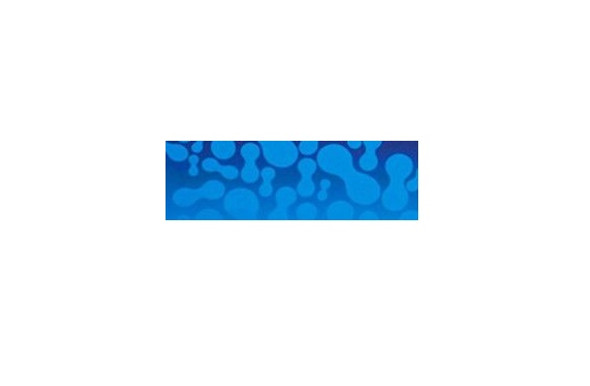Description
Recombinant Human Interleukin-5/IL-5 Protein (His Tag)(Active) | PKSH032653 | Gentaur US, UK & Europe Disrtribition
Synonyms: Interleukin-5;IL-5;B-cell differentiation factor I;Eosinophil differentiation factor;T-cell replacing factor;TRF;IL5
Active Protein: Active protein
Activity: Recombinant Human Interleukin-5 is produced by our Mammalian expression system and the target gene encoding Ile20-Ser134 is expressed with a 6His tag at the C-terminus.
Protein Construction: Recombinant Human Interleukin-5 is produced by our Mammalian expression system and the target gene encoding Ile20-Ser134 is expressed with a 6His tag at the C-terminus.
Fusion Tag: C-6His
Species: Human
Expressed Host: Human Cells
Shipping: This product is provided as lyophilized powder which is shipped with ice packs.
Purity: > 95 % as determined by reducing SDS-PAGE.
Endotoxin: < 1.0 EU per µg as determined by the LAL method.
Stability and Storage: Generally, lyophilized proteins are stable for up to 12 months when stored at -20 to -80℃. Reconstituted protein solution can be stored at 4-8℃ for 2-7 days. Aliquots of reconstituted samples are stable at < -20℃ for 3 months.
Molecular Mass: 14.2 kDa
Formulation: Lyophilized from a 0.2 μm filtered solution of PBS, pH7.4.
Reconstitution: Please refer to the printed manual for detailed information.
Background: IL-5 is expressed in eosinophils, NK cells, TC2 CD8+ T cells, mast cells, CD45+ CD4+ T cells, gamma delta T cells and IL-1 beta activated endothelial cells. IL-5 acts as a growth and differentiation factor for both B cells and eosinophils. Relative to B cells, IL-5 appears to induce the differentiation of activated conventional B-2 cells into Ig-secreting cells. In addition, it induces the growth of B-1 progenitors as well as IgM production by B-1 cells.IL-5 appears to perform a number of functions on eosinophils. These include the down modulation of Mac-1, the upregulation of receptors for IgA and IgG, the stimulation of lipid mediator (leukotriene C4 and PAF) secretion and the induction of granule release.IL-5 also promotes the growth and differentiation of eosinophils.
Research Area: Cancer, immunology






